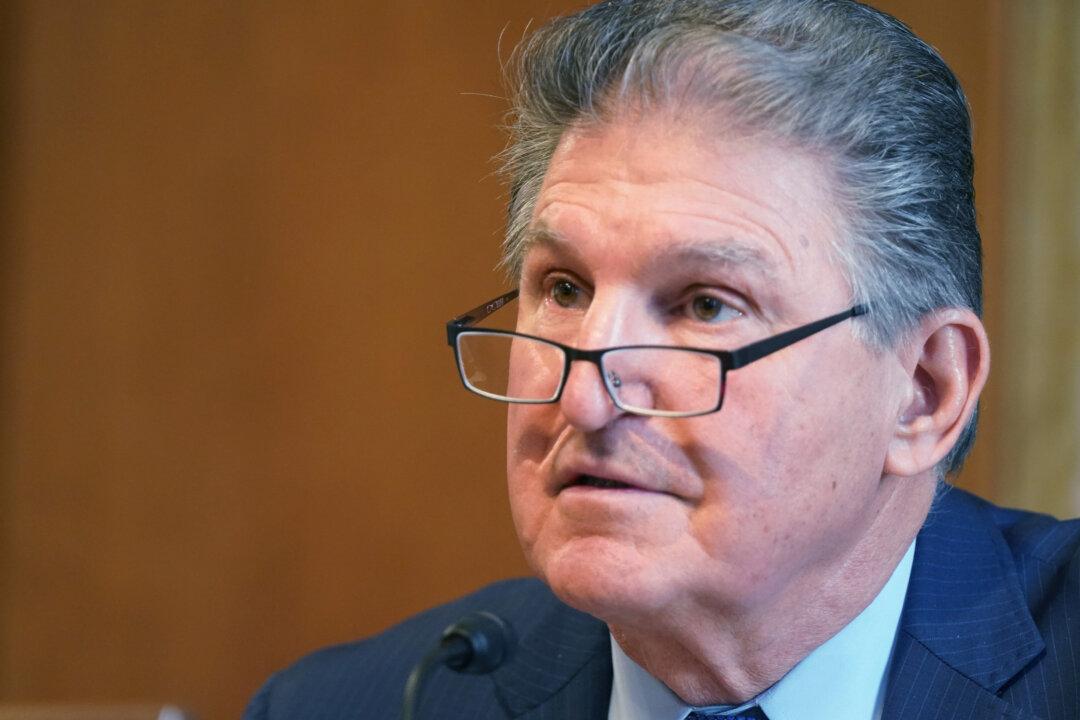The Democrat senator considered the most moderate in his party in the upper chamber said this week that the events of Jan. 6 compelled him to work harder on bringing different lawmakers together.
“Jan. 6 changed me. And I was very clear with everybody: I never thought in my life, I never read in history books to where our form of government had been attacked, at our seat of government, which is Washington, D.C., at our Capitol, by our own people,” Sen. Joe Manchin (D-W.Va.) said during an April 8 interview with CNN.





